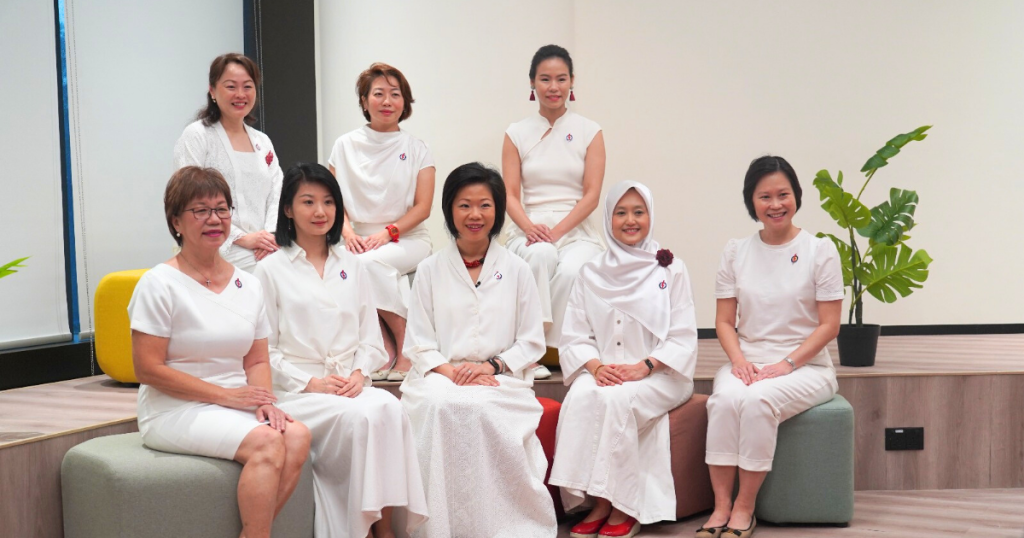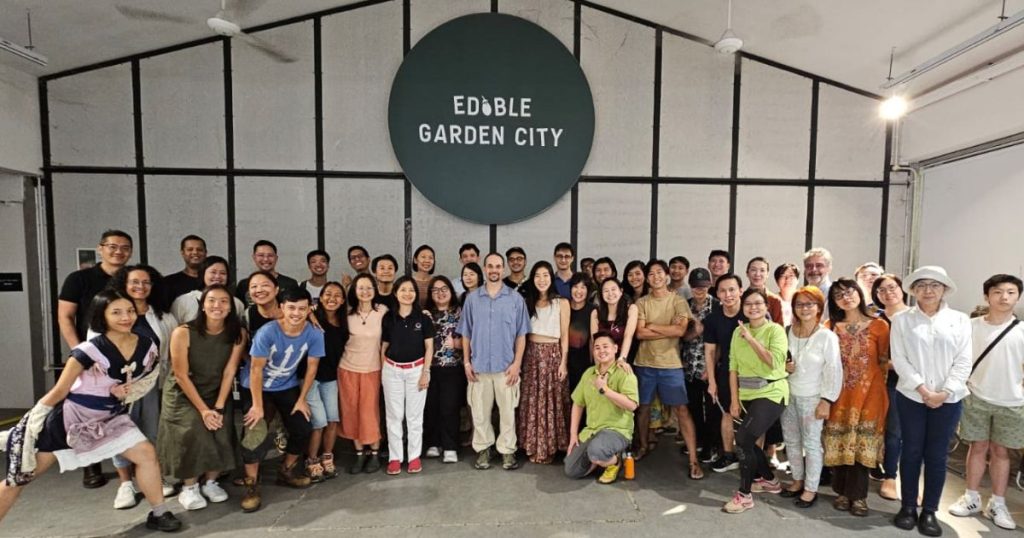Prime Minister Lawrence Wong called for a “We-First” society during this year’s National Day Rally, where Singaporeans step forward and shape the character and future of our society.
Ensuring that Singaporeans from all walks of life have a say on our country’s path forward has always been a longstanding PAP tradition. The current Forward Singapore exercise is a continuation of this tradition.
The National Agenda was similarly shaped through a year-long public dialogue in 1987. The PAP Government held forums and dialogues with Singaporeans from all walks of life, to discuss the policies and actions that would take Singapore through the 1990s.
These included economic reforms and strategies, large-scale national projects, and social issues such as race and religion, giving all Singaporeans the chance to step forward and shape the future of our nation.
—————
Lim Boon Heng | MP Kebun Baru, GPC Chairman for Manpower
Feb 1987
It has been noted that increasingly the electorate is not content with choosing the Government once every four or five years, and leaving the elected Government to run the nation’s affairs. They want to participate in policy-making, particularly in matters that affect them directly. Hence the recurrent echoes of the need for ‘consultation’ in the formulation of national policies, so that the public can give ‘feedback’.
This development is the result of education. The Government’s emphasis on education since 1959, providing all young Singaporeans with a place in school, has resulted in a better-educated electorate that takes a greater interest in public policies. The interest is also heightened by the quick access that people have to events, and ideas because of advances in information technology.
It is a healthy development. With more people taking an interest, more ideas will be thrown up. We can adapt the better ideas. The question is: how can the aspirations of the people for greater participation be met, without slowing the process of policy formulation and decision-taking to a snail’s pace?
In recent years, there have been more opportunities for participation: the Medisave scheme was extensively discussed before it was finalised; the Economic Committee involved more than 1000 persons. In the past two years, many bills were sent to Select Committee, to give the public opportunities to submit their views. These included the Copyright Bill, the amendments to the Companies Act, the Organ Donation Bill and the Land Titles (Strata) (Amendment) Bill.
Speaking to reporters at the Lunar New Year reception on 8 Feb 87, the First Deputy Prime Minister stated his thoughts on creating more informal channels of communication with various groups.
These events point to greater involvement by the public in policy formulation, and should certainly be welcomed by the public.
There is a major exercise that will be carried out in the next few months by the Party, formulating the Party Manifesto. It will be the document that will chart our future, and bring us into the 21st century. The exercise is aptly named the National Agenda. In this issue, we present the National Agenda. It is meant for discussion and debate.
Ample opportunities will be created in various forums for public participation. We look forward not only to a lively debate but to constructive views. In this way, the manifesto will be truly a people’s document.





